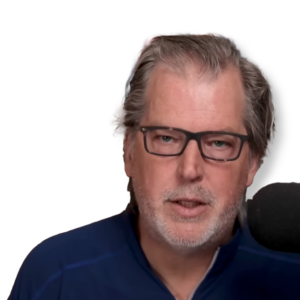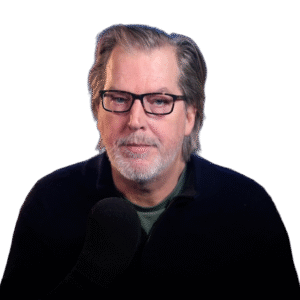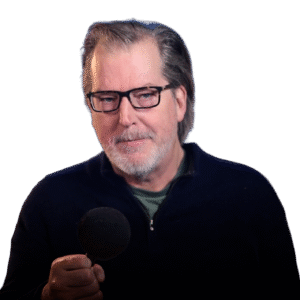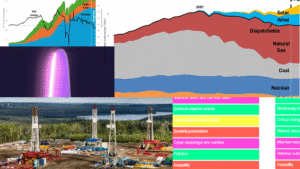
#91 | Frankly
Unintended Consequences in a Complex World
Description
As current events continue to accelerate around us, there is no better time to pause and view the rapid changes unfolding around us through a broader, systemic perspective. It’s only by slowing down and adopting this holistic lens that we can begin to meaningfully prepare for what lies ahead.
In this short edition of Frankly, Nate dives into the theme of unintended consequences across energy, environmental issues, and social movements. Through this lens, we understand the importance of looking two or three steps ahead of today’s actions and see the – sometimes unwanted – ripple effects in the future.
Why are some movements facing backlash in today’s political landscape, despite decades of progress and education? What lessons can we draw from these outcomes to become more effective agents of change? And how do we stay grounded in humility and openness as we navigate further unexpected consequences in the future?
In French, we have a motto that says that a simple drawing is often better than a long explanation. Jean-Marc Jancovici Carbone 4 President
That’s very understandable because with left atmosphere thinking, one of the problems is that you see everything as a series of problems that must have solutions. Iain McGilchrist Neuroscientist and Philosopher
We can’t have hundreds and hundreds of real relationships that are healthy because that requires time and effort and full attention and awareness of being in real relationship and conversation with the other human. Nate Hagens Director of ISEOF
This is the crux of the whole problem. Individual parts of nature are more valuable than the biocomplexity of nature. Thomas Crowther Founder Restor
Show Notes & Links to Learn More
Download transcript00:07 – What Can’t Happen, What Won’t Happen, What Might Happen Frankly 90
01:05 – Peak Oil (TGS episode with Art Berman)
01:08 – Shale Oil
01:32 – The Carbon Pulse (Frankly 44)
02:20 – WEF (World Economic Forum)
02:24 – Net Zero
03:17 – Wokeness
03:30 – U.S. Native and Minority Populations
03:57 – 2024 Election of Donald Trump
04:30 – Foreign Students Studying in the U.S. Fear Deportation
04:56 – Harvard University
05:12 – U.S. Pulling Out of War in Ukraine
05:41 – Russia’s Natural Resources







